‘Racism and prejudice emerges over war in Ukraine’
Your digest of analysis from the British and international press
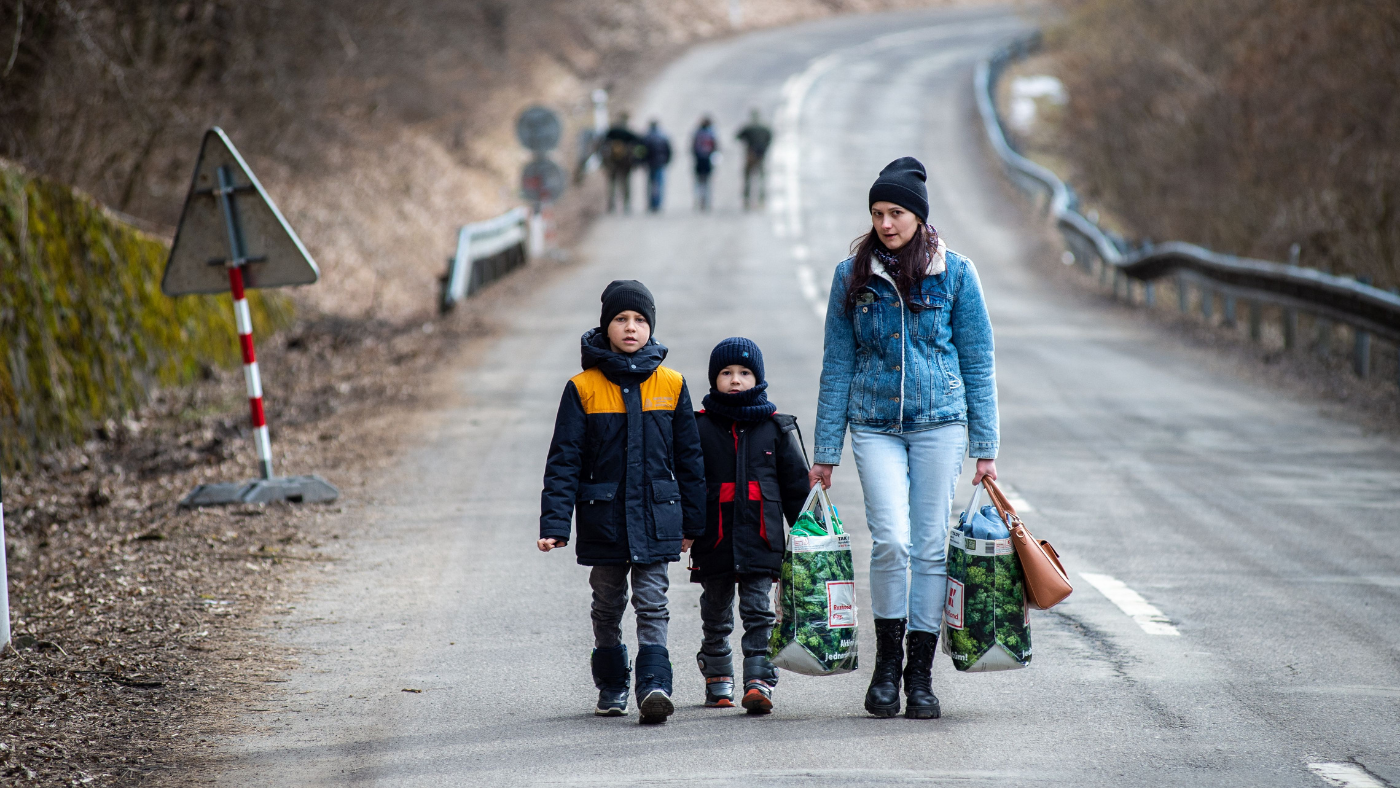
A free daily email with the biggest news stories of the day – and the best features from TheWeek.com
You are now subscribed
Your newsletter sign-up was successful
1. Prejudices creep back as another casualty of war
Aasmah Mir at The Times
On ‘shattering prejudice’
Aasmah Mir says she has been “shocked at the way some journalists have sought to draw a distinction between civilians under attack in Ukraine and those in, say, Syria or Iraq”. Writing in The Times, she says how a “veteran correspondent said he needed to choose his words carefully, then proceeded to say that this story was different because this was a ‘relatively civilised, relatively European’ country”. For some, says Mir, “this is racism, unmasked. At the very least it’s shattering prejudice.” War “has gone on for decades all over the world. Maybe we prefer our wars to be relatable, social media-friendly and not too long?” she asks. President Zelenskyy of Ukraine may be “the height of middle-class relatability”, but “African students barred from crossing into Poland? Not so much.” There are “thankfully” many journalists “who don’t care more” now “because someone looks like their husband or wife, or has a Netflix account. But this has been an eye-opener,” Mir says. “I thought we had changed.”
The Week
Escape your echo chamber. Get the facts behind the news, plus analysis from multiple perspectives.

Sign up for The Week's Free Newsletters
From our morning news briefing to a weekly Good News Newsletter, get the best of The Week delivered directly to your inbox.
From our morning news briefing to a weekly Good News Newsletter, get the best of The Week delivered directly to your inbox.
2. Americans think the state of our union is a disaster
Marc A. Thiessen at The Washington Post
On a significant speech
In a typical State of the Union address, “the president steps onto the rostrum of the House of Representatives, touts the administration’s achievements in the past year and lays out a plan to build on them,” writes Marc A. Thiessen at The Washington Post. That “won’t work for President Biden. Most Americans don’t think the state of our union is strong” – instead, many think the president’s first year in office “has been [a] disaster”. Given rising inflation, crime rates, the withdrawal of troops from Afghanistan, and a crisis at the border, it’s “little wonder” a Fox News poll “shows that Biden’s approval is underwater across the board on every major issue”. The president should “do what he promised, but failed, to do from day one: unite the country”. The war in Ukraine “is an opportunity to do just that”. Americans are “inspired by the courage and tenacity” of Ukrainians, and look at President Zelenskyy and think: “So that’s what a strong leader looks like.” Biden now has a chance “to fix” the errors that have “hobbled his presidency” in today’s State of the Union address.
A free daily email with the biggest news stories of the day – and the best features from TheWeek.com
3. West tightens noose on Russia’s economy
Daily Mail Comment
On united action
“First the illegal invasion. Now the hideous war crimes,” says the Daily Mail. Vladimir Putin “has resorted to cluster bombs – savage, indiscriminate weapons banned by the UN.” A school, homes and a shopping centre were among “buildings blitzed” in Kharkiv, Ukraine, resulting in dozens of civilian fatalities. “But this appalling savagery has had an unintended effect,” the newspaper continues. The Western allies, who “looked distinctly shaky” at the start of the conflict, are “now united in resolve to punish” Putin. The US, EU and UK have “despatched Putin and his contemptible regime to the financial, commercial and cultural equivalent of Siberia”, by “ratcheting up” economic sanctions. “Sadly, ordinary Russians will be worst hit as the price of food and other essentials rockets. But it will also intensify anger” that Putin has “propelled” Russia into an “insane war”. The West “has shown laudable unity” and “this pressure must be kept up”.
4. Let’s end the performative hell of compulsory World Book Day costumes
Emma Kernahan at The Independent
On dressing up
Millions will celebrate World Book Day on Thursday 3 March. It’s “the day that parents around the country receive a text at 8.35am reminding them that they have in fact forgotten to make a World Book Day costume and now have seven minutes to demonstrate the power of the written word by texting swears to everyone they know on the group chat”, writes Emma Kernahan at The Independent. This writer has “huge love for those who really do enjoy crafting clever and joyful literary costumes for their children”, but the whole thing either “requires time or it requires money”, and “inevitably, that cost is not felt by all parents”. Kernahan has “a small meltdown” each year as social media fills up “with the obligatory #WBD outfits”. She calls for parents to “ditch compulsory costumes” and embrace the “million other ways for us to find joy in reading”. And give any “cash to spare on Thursday” to “charities, schools, authors or parents in your communities” instead.
5. How should we think about Covid now?
Liam Mannix at The Sydney Morning Herald
On emerging from the pandemic
We’ve reached “a difficult point in thinking about the pandemic”, says Liam Mannix at The Sydney Morning Herald. In early 2020, “we were dealing with an unknown foe that posed unknowable risk”. Later that year we knew more about the virus, and by 2021 we faced more variants as “we raced to roll out vaccines”. Yet it seems “harder now” to make sense of the pandemic. The average Australian is less likely to die from Covid, and less likely to catch it too than a year ago. “It’s time to move on from being anxious.” With three jabs under his belt, Mannix says: “I am choosing to treat Omicron as the eye of the storm.” And while “things may get worse, via a new variant or an outbreak that suddenly overwhelms our healthcare system. Equally, they may well get better.” But “if there is ever a time” to “fully take part in life” again, “this feels like it”.
-
 The environmental cost of GLP-1s
The environmental cost of GLP-1sThe explainer Producing the drugs is a dirty process
-
 Nuuk becomes ground zero for Greenland’s diplomatic straits
Nuuk becomes ground zero for Greenland’s diplomatic straitsIN THE SPOTLIGHT A flurry of new consular activity in Nuuk shows how important Greenland has become to Europeans’ anxiety about American imperialism
-
 ‘This is something that happens all too often’
‘This is something that happens all too often’Instant Opinion Opinion, comment and editorials of the day
-
 Luton Airport bendy buses join Ukraine war effort
Luton Airport bendy buses join Ukraine war effortfeature And other stories from the stranger side of life
-
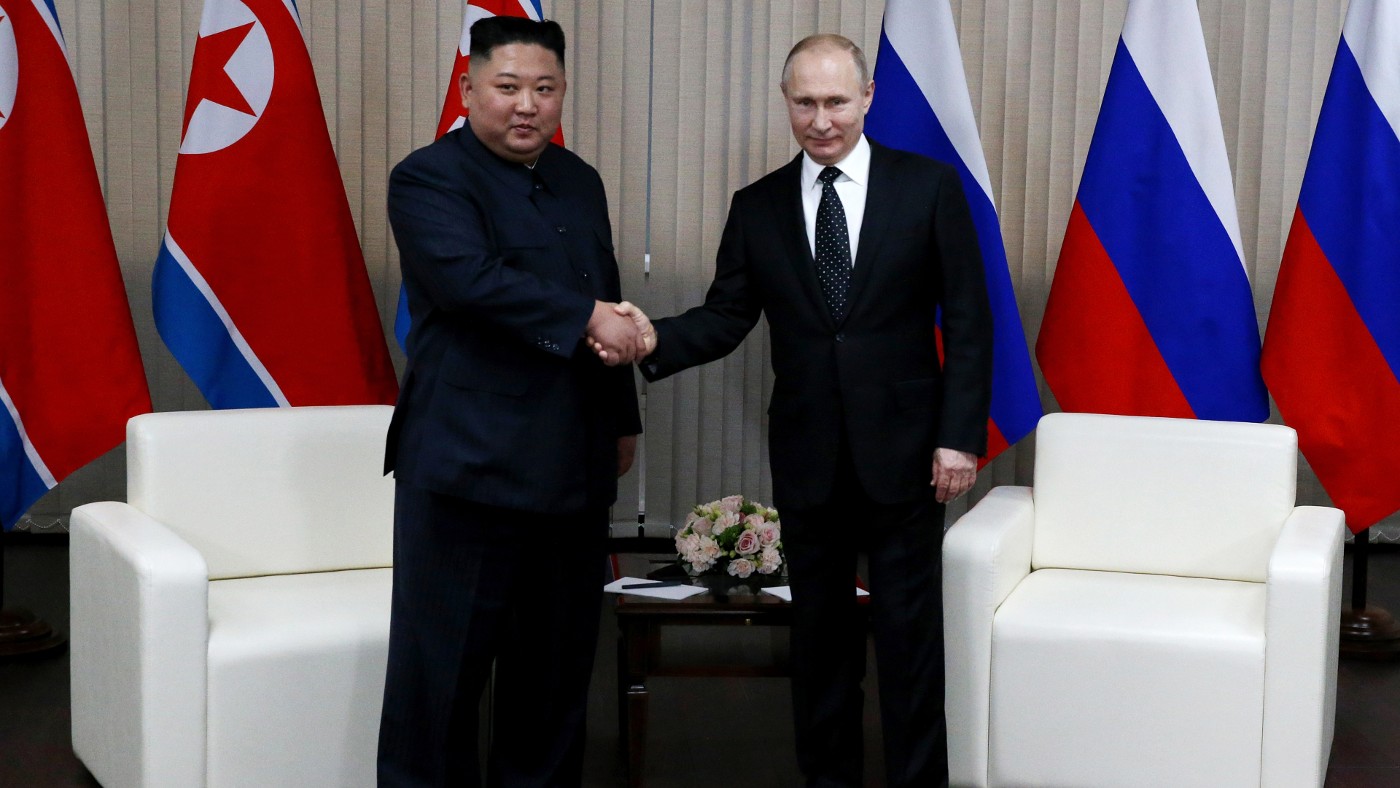 Would North Korean weapons tilt the war Russia’s way?
Would North Korean weapons tilt the war Russia’s way?Today's Big Question Putin wants to boost ‘depleted stocks’ but Pyongyang’s arms may be in poor condition
-
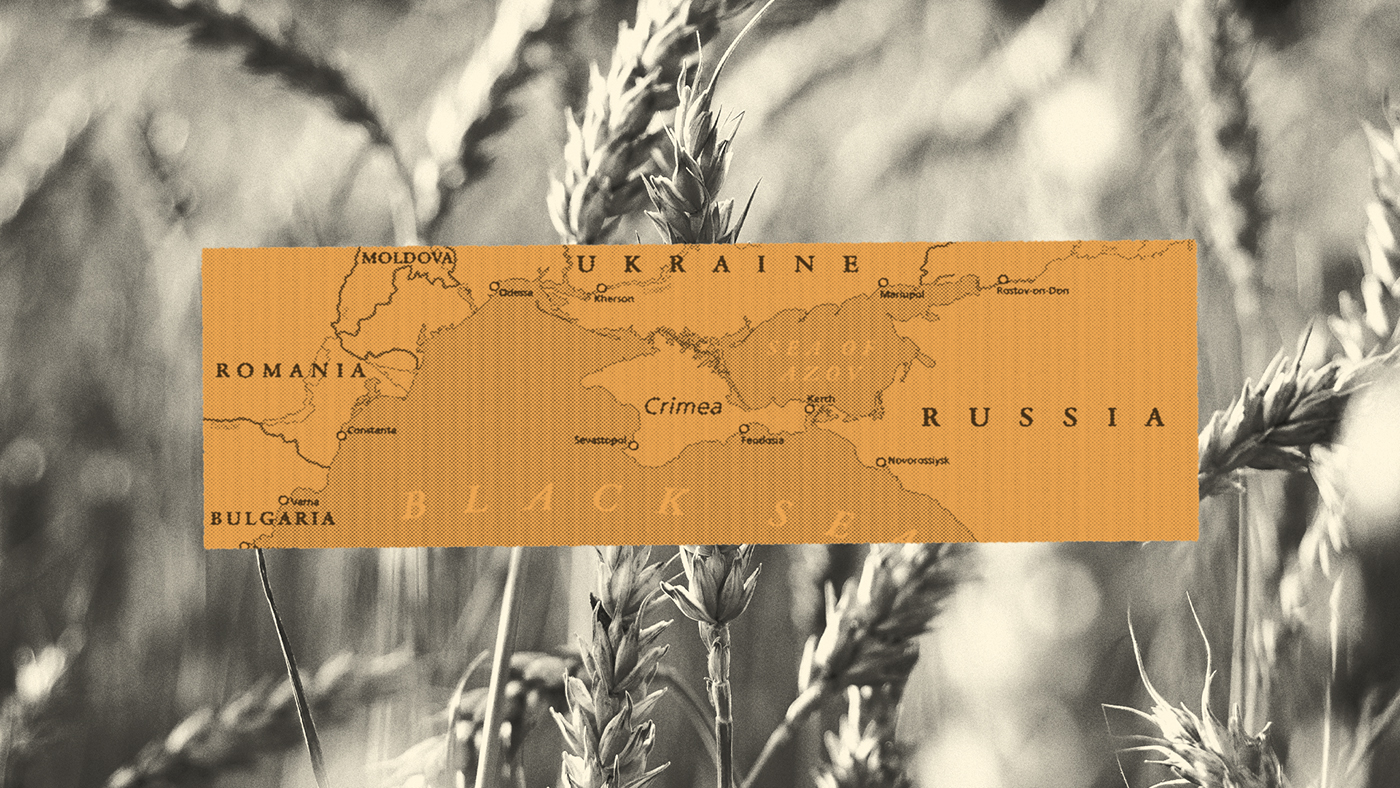 Can the Ukraine-Russia Black Sea grain deal be rescued?
Can the Ukraine-Russia Black Sea grain deal be rescued?Today's Big Question The Kremlin’s termination of agreement has sparked fears among food-insecure countries
-
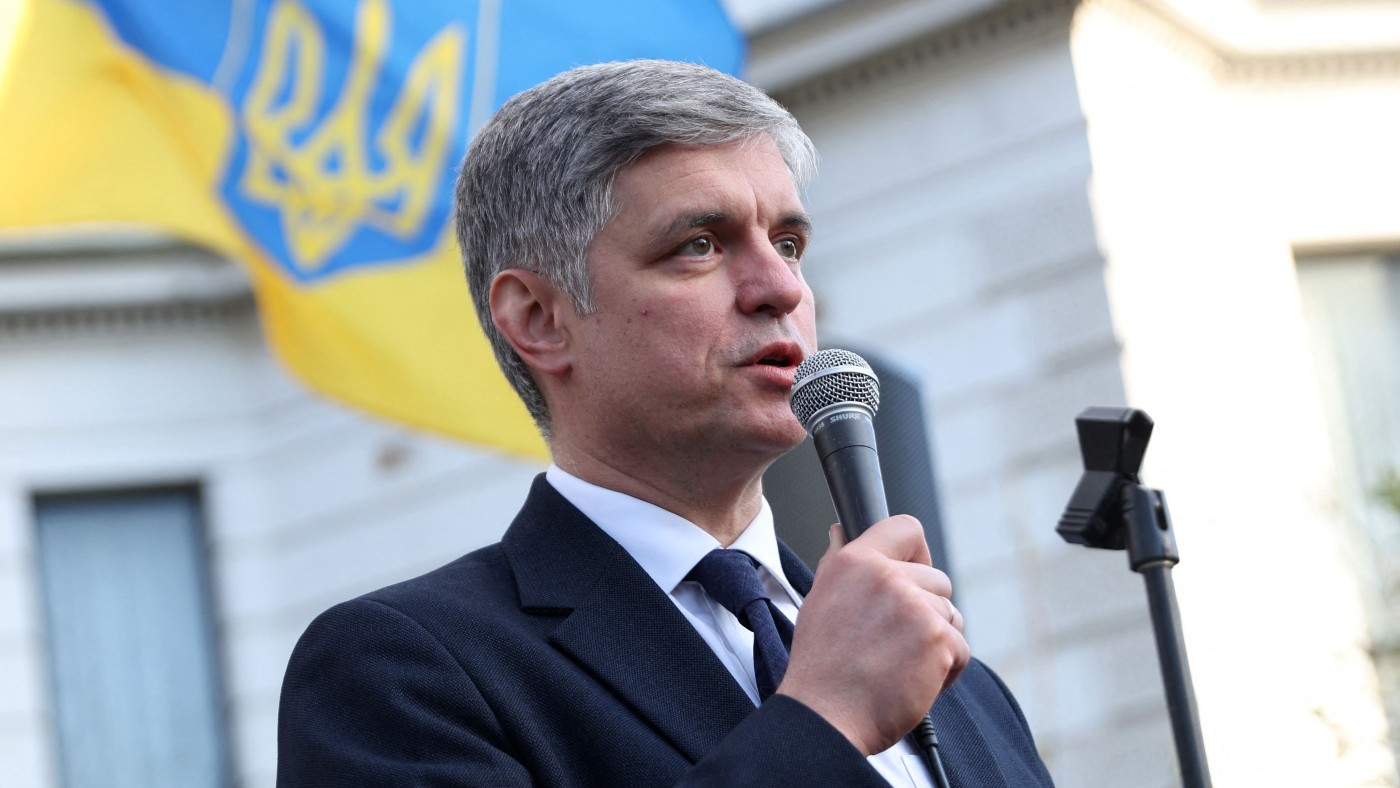 Zelenskyy sacks Ukraine ambassador to UK after sarcasm row
Zelenskyy sacks Ukraine ambassador to UK after sarcasm rowSpeed Read Vadym Prystaiko accused his boss of an ‘unhealthy sarcasm’ in response to British defence secretary Ben Wallace
-
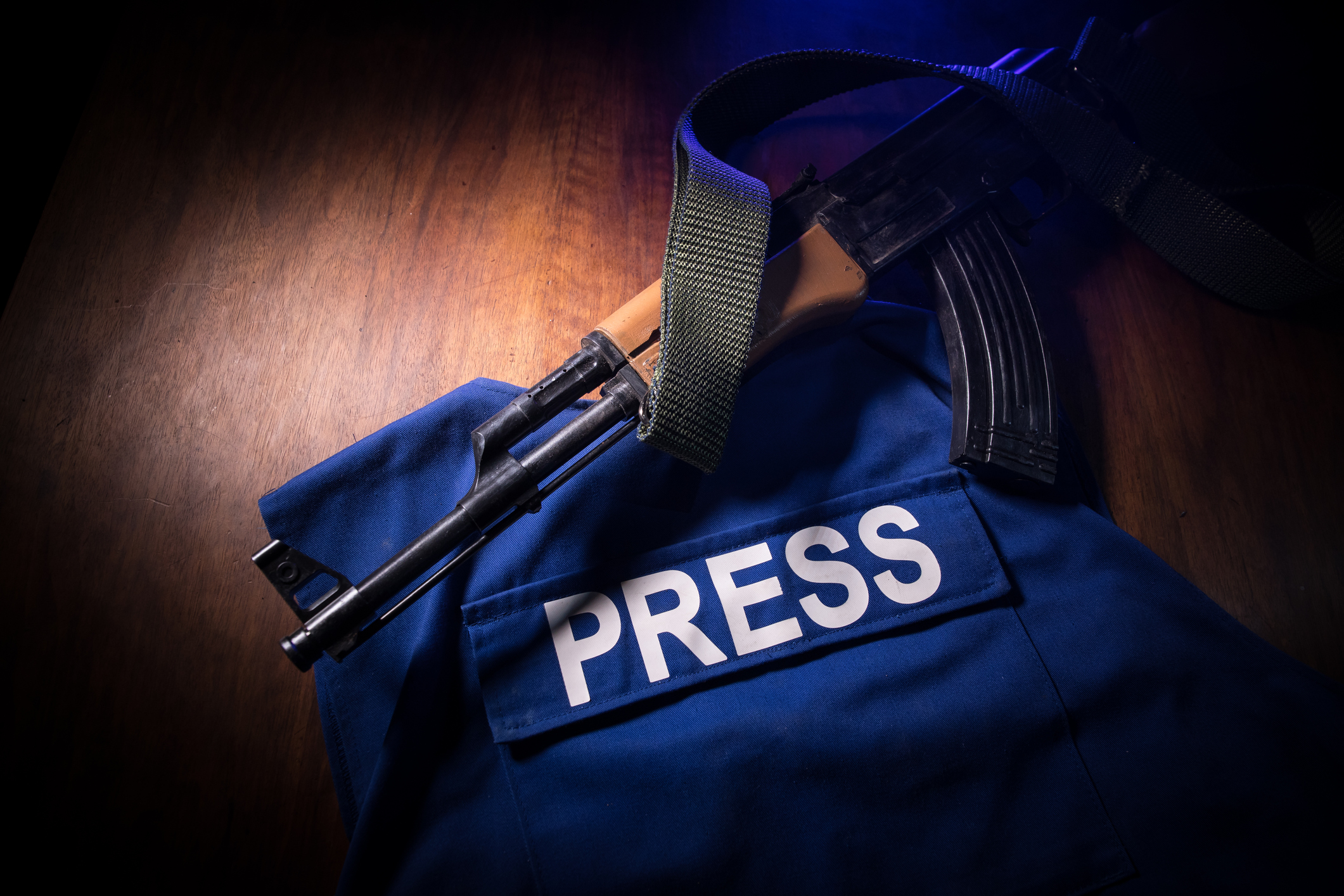 Why journalist deaths continue to rise around the world
Why journalist deaths continue to rise around the worldUnder the Radar Journalist deaths rose sharply in 2022 and don't appear to be slowing down this year
-
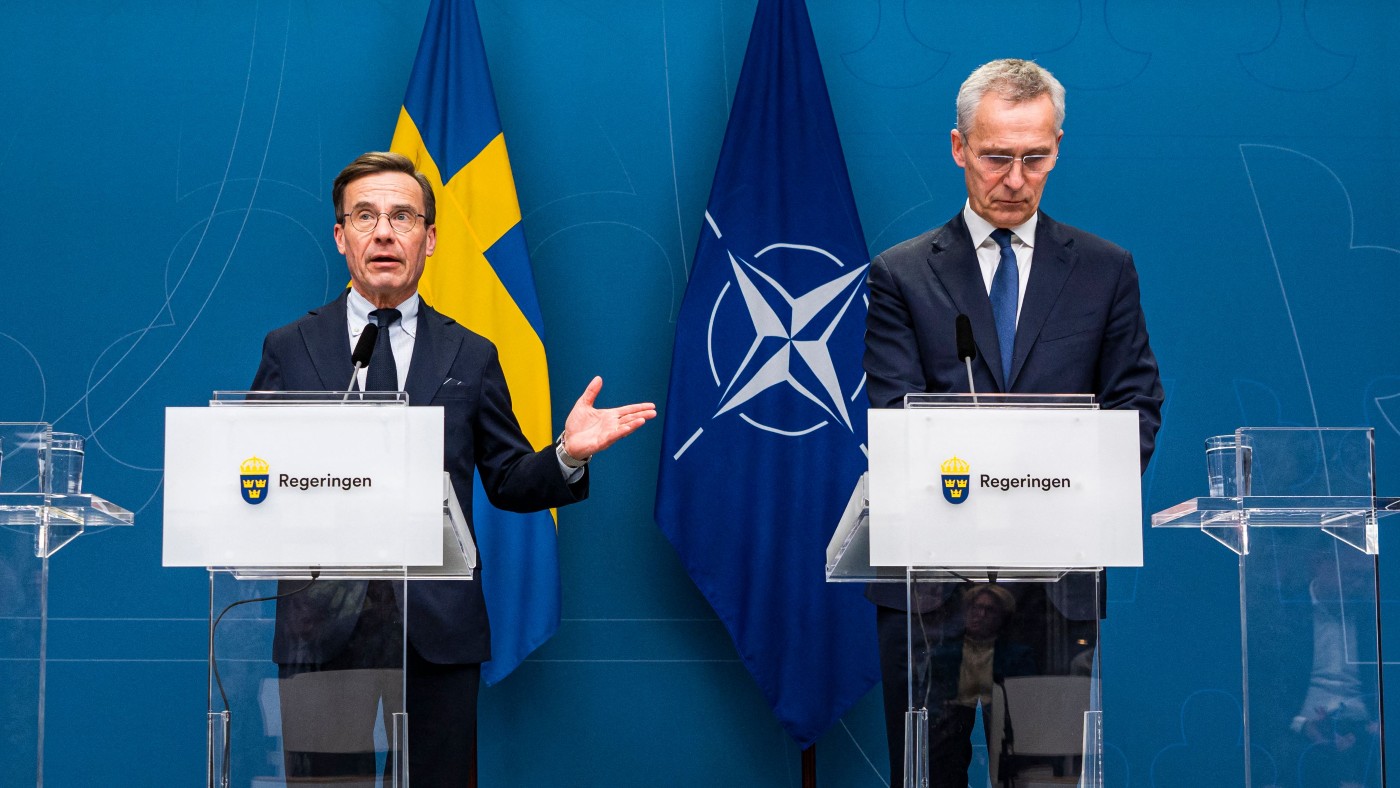 Non-aligned no longer: Sweden embraces Nato
Non-aligned no longer: Sweden embraces Natofeature While Swedes believe it will make them safer Turkey’s grip over the alliance worries some
-
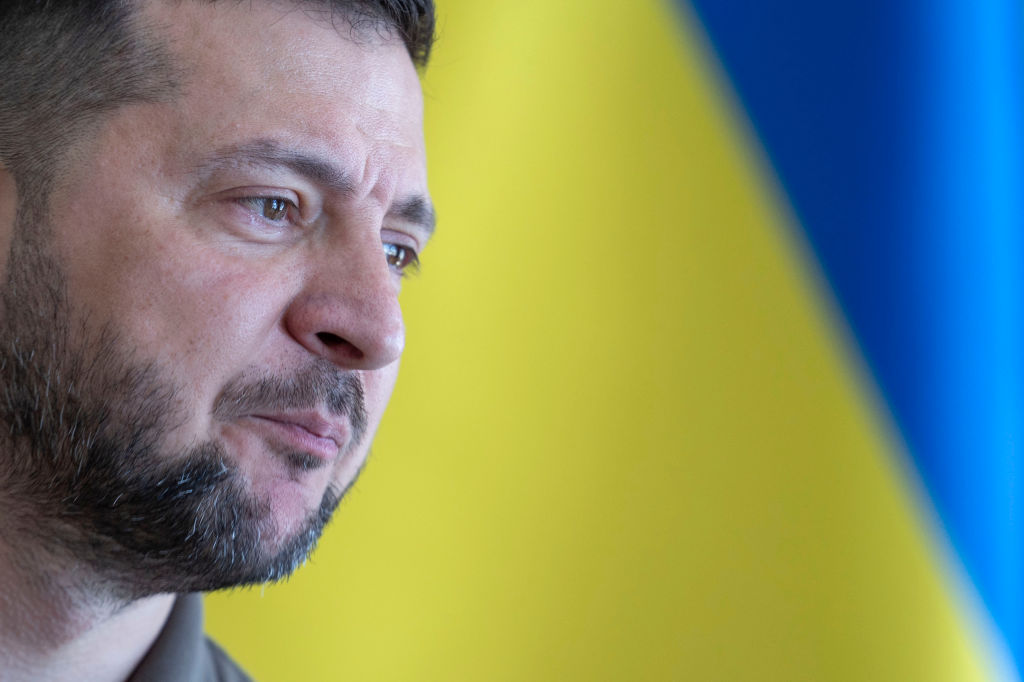 Should Ukraine be admitted to NATO?
Should Ukraine be admitted to NATO?Talking Point With this week's Vilnius summit, Ukraine's possible accession to the military alliance is more than a little top of mind
-
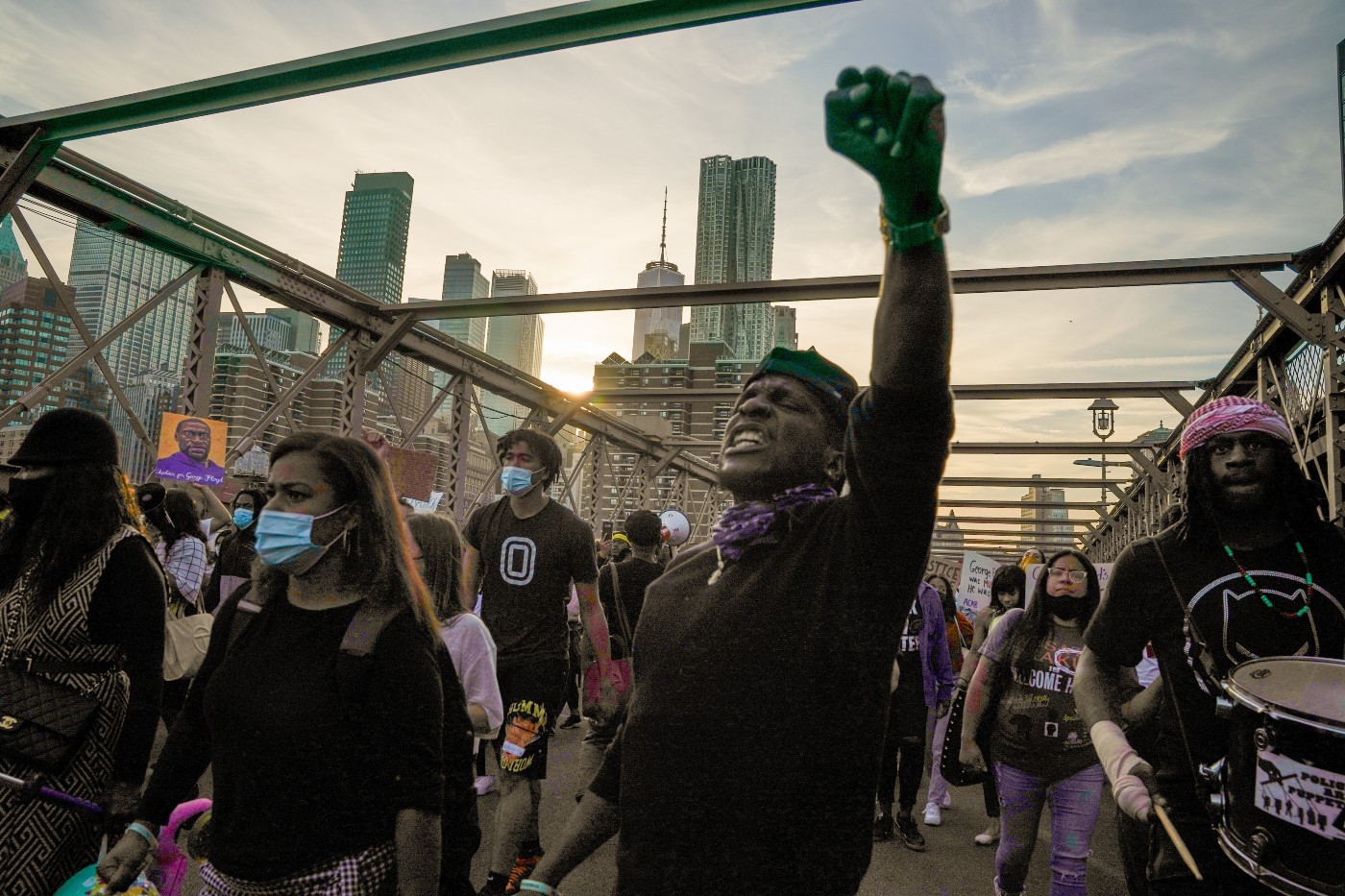 George Floyd legacy: what has changed in the US three years on
George Floyd legacy: what has changed in the US three years onfeature Police officers are more accountable but has ‘white empathy’ hit a wall?